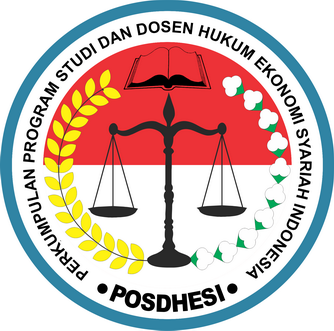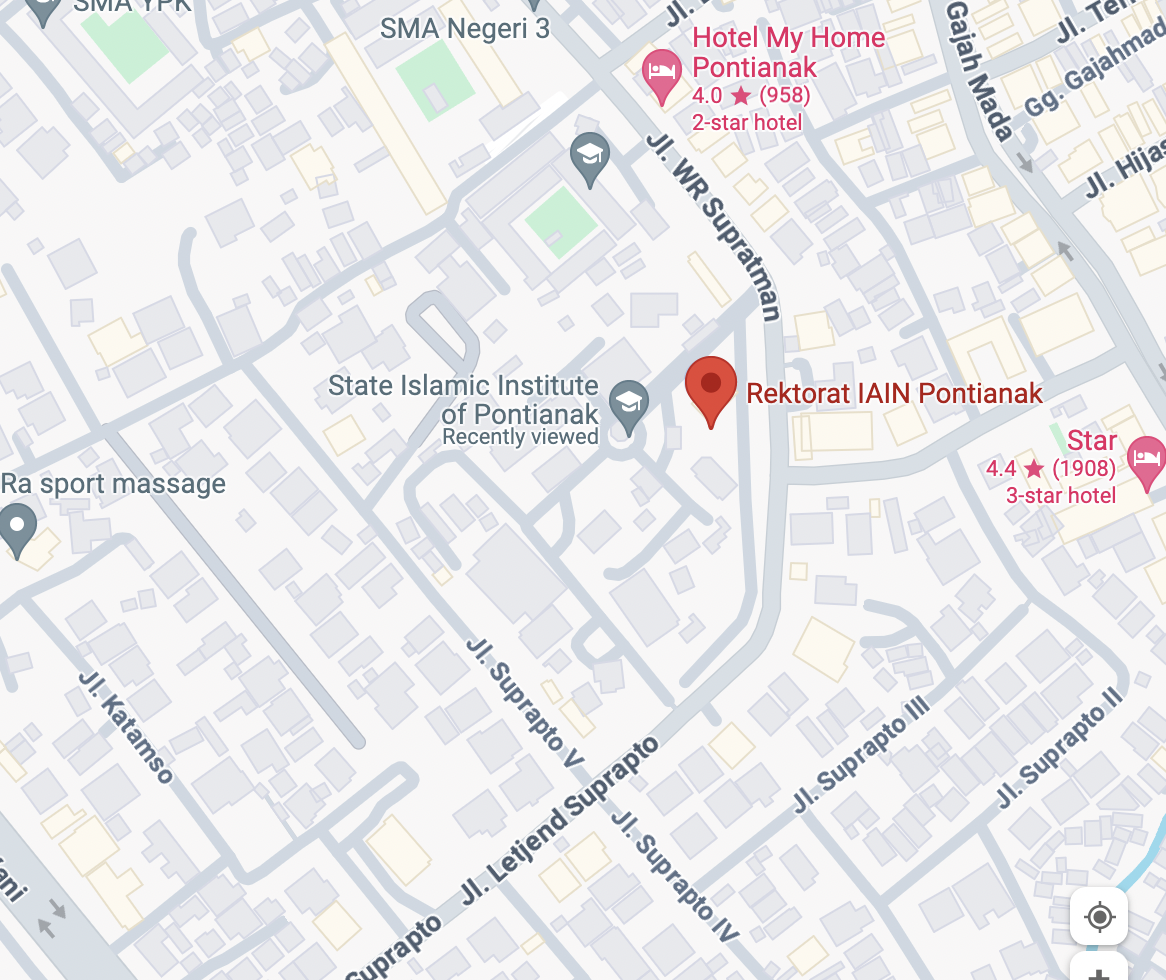KERJASAMA SISTEM GILIR PADA TRADISI BEHUMA DI DESA MANGGALA KECAMATAN PINOH SELATAN KABUPATEN MELAWI DALAM TINJAUAN HUKUM EKONOMI SYARIAH
DOI:
https://doi.org/10.24260/al-aqad.v3i1.1783Keywords:
Rotation System Collaboration, Behuma TraditionAbstract
This research was initiated because of the practice of rotating system cooperation in the behuma tradition which is different from cooperation in general so that it is unique to be researched. The research objectives are to find out: 1) The implementation of the rotating system of cooperation in the practice of behuma in Manggala Village, Pinoh Selatan District, Melawi Regency and 2) Sharia Economic Law Review of the rotating system of cooperation in the practice of behuma in Manggala Village, South Pinoh District, Melawi Regency. This research is a type of field research with a qualitative descriptive approach, using observation, interview and documentation data collection techniques taken from primary and secondary data sources. The results of this study indicate that 1) The implementation of rotating system cooperation in the behuma tradition is carried out by the Manggala village community during behuma activities by exchanging services, and there is an agreement that is conveyed verbally and on the basis of the parties' voluntary principles. 2) Sharia Economic Law Review of the rotation system cooperation in the behuma tradition, that the rotation system cooperation in the behuma tradition has relevance to the syirkah abdan contract because in the implementation of both of them both only contribute work (a’mal) without contributing capital (mal). Then when viewed from the type of 'urf, the gilir system cooperation in the behuma tradition is ‘urf amali which is ‘urf khus then when viewed in terms of its validity it is ‘urf shahih because in its implementation the gilir system cooperation in the behuma tradition is not contrary to Islamic law.






